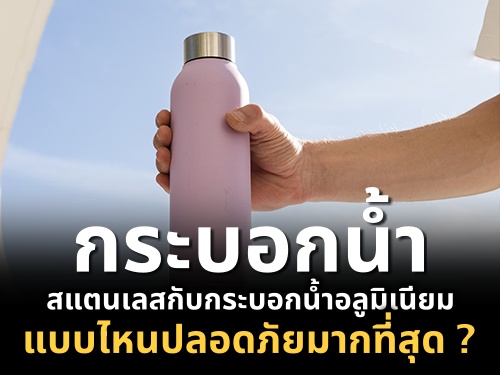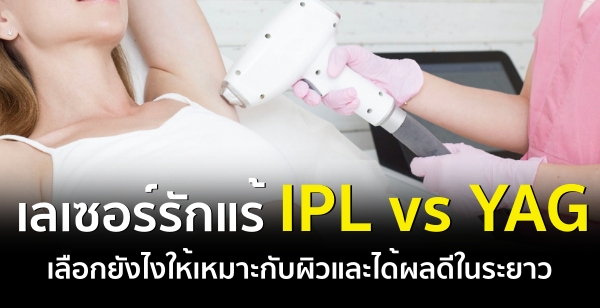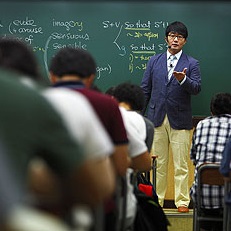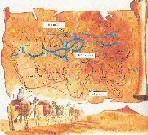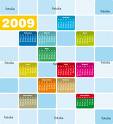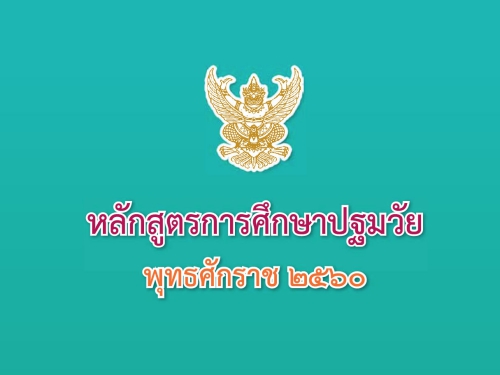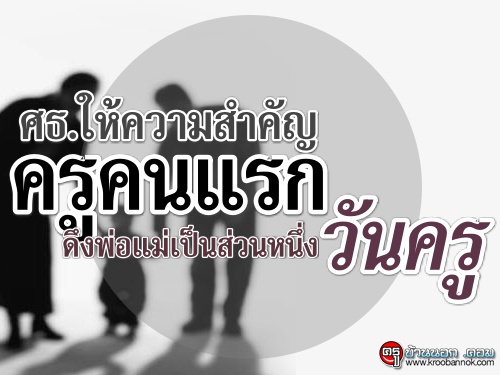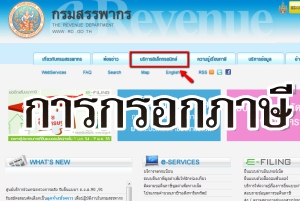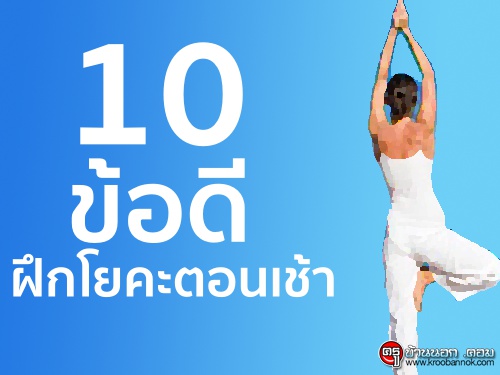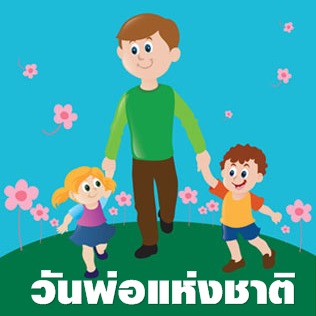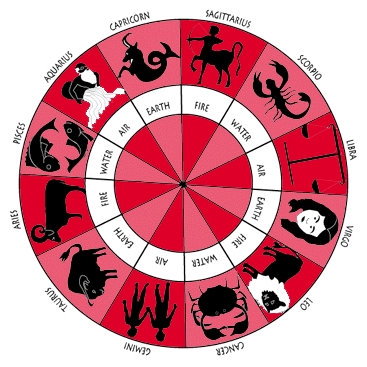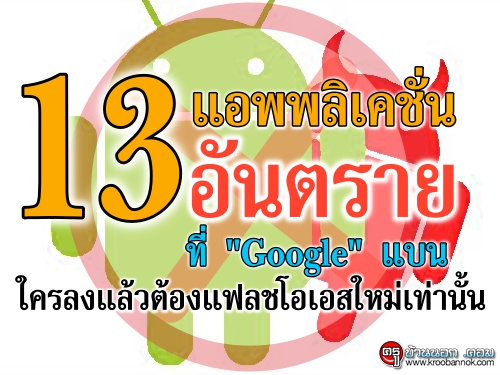บทคัดย่อ
การวิจัยครั ้งนี ้ มีวัตถุประสงค์ ได้แก่ 1) เพื ่อศึกษาความต้องการและแนวทางการพัฒนารูปแบบการ
พัฒนาสมรรถนะครูนักวิจัยตามแนวคิดการเรียนรู้ในระหว่างการท างานและชุมชนการเรียนรู้ทางวิชาชีพของ
โรงเรียนเทศบาล 1 ตลาดบางลี่ (พานิชอุทิศ) 2) เพื ่อพัฒนารูปแบบฯ 3) เพื ่อศึกษาผลการด าเนินงานตาม
รูปแบบฯ และ 4) เพื ่อศึกษาความพึงพอใจของครูที ่มีต่อรูปแบบฯ โดยกลุ ่มเป้าหมายของการพัฒนา
สมรรถนะ ได้แก่ ครูผู ้สอนโรงเรียนเทศบาล 1 ตลาดบางลี ่ (พานิชอุทิศ) ปีการศึกษา 2565 จ านวน 40 คน
เครื ่องมือที ่ใช้ในการวิจัย ได้แก่ คู ่มือรูปแบบ แบบทดสอบความรู ้ด้านการวิจัย แบบประเมินทักษะการวิจัย
แบบประเมินเจตคติต่อการวิจัย และแบบสอบถามความพึงพอใจ วิเคราะห์ข้อมูลโดยการหาค่าเฉลี่ย ร้อยละ
ส่วนเบี ่ยงเบนมาตรฐาน ผลการวิจัยพบว่า ความต้องการพัฒนาสมรรถนะครูนักวิจัยตามแนวคิดการเรียนรู้
ในระหว่างการท างานและชุมชนการเรียนรู ้ทางวิชาชีพของโรงเรียนเทศบาล 1 ตลาดบางลี่ (พานิชอุทิศ) มี
ความต้องการพัฒนาโดยรวมอยู ่ในระดับมาก และแนวทางการใช้ชุมชนการเรียนรู ้ทางวิชาชีพเพื ่อส่งเสริม
การเรียนรู้ของครูประกอบด้วย 5 ประการ ได้แก่ 1) การก าหนดค่านิยมร่วมกัน 2) การวางเป้าหมายร่วมกัน
สู ่การเรียนรู้ของนักเรียน 3) การสร้างความร่วมมือของครูในการท างานร่วมกัน 4) การร่วมกันชี ้แนะในการ
พัฒนางาน และ5) การร่วมกันสนทนาสะท้อนผลการปฏิบัติ รูปแบบการพัฒนาสมรรถนะครูนักวิจัยมี
องค์ประกอบที ่ส าคัญ 6 ด้าน ดังนี ้ 1) ทฤษฎีและหลักการพื ้นฐาน 2) วัตถุประสงค์ 3) ระบบและกลไกของ
รูปแบบ 4) วิธีด าเนินงานของรูปแบบ ประกอบด้วย 8 Modul ได้แก่ Modul 1 การสร้างอุดมการณ์ครู
นักวิจัย Modul 2 การวิเคราะห์ปัญหาผู ้เรียน Modul 3 การคิดค้นนวัตกรรมการเรียนรู้ Modul 4 การ
ก าหนดหัวข้อการวิจัย Modul 5 การสร้างเครื ่องมือวิจัย Modul 6 ปฏิบัติการแก้ปัญหาผู ้เรียน Modul 7
การวิเคราะห์ข้อมูลวิจัย และ Modul 8 การเขียนรายงานผลการวิจัย 5) แนวทางการวัดและประเมินผล
และ 6) เงื ่อนไขการน ารูปแบบไปใช้ โดยผลการประเมินรูปแบบจากผู ้ทรงคุณวุฒิ พบว่าโดยรวมมีความถูก
ต้อง ความเหมาะสม และความเป็นประโยชน์ อยู ่ในระดับมากที ่สุด ผลการทดลองใช้รูปแบบ พบว่า
ครูผู ้สอนมีคะแนนการทดสอบความรู ้ด้านการวิจัย โดยเฉลี ่ยสูงขึ ้น (ร้อยละ 30.17) มีคะแนนการประเมิน
ทักษะการวิจัย โดยเฉลี่ยสูงขึ้น (ร้อยละ 29.06) และมีคะแนนการประเมินเจตคติต่อการวิจัย โดยเฉลี่ยสูงขึ้น
(ร้อยละ 24.75) ส่วนความพึงพอใจของครูต่อการด าเนินงานตามรูปแบบการพัฒนาสมรรถนะครูนักวิจัยที่
ส่งเสริมทักษะอาชีพและทักษะการประกอบการของนักเรียน โดยรวมมีความพึงพอใจอยู่ในระดับมาก
Abstract
This research aimed to study the needs and guidelines for developing a researcher
teacher competency development model based on the concept of on-the-job learning and
professional learning communities of Thesaban School 1, Talat Bangli (Phanit Uthit), 2) to
develop the model, 3) to study the results of the implementation of the model, and 4) to
study teachers satisfaction with the model. The target group for competency development
was 40 teachers of Thesaban School 1, Talat Bangli (Phanit Uthit) in the 2022 academic
year. The research instruments included a model manual, a research knowledge test, a
research skills assessment form, a research attitude assessment form, and a satisfaction
questionnaire. Data were analyzed by calculating the mean, percentage, and standard
deviation. The results of the research found that the needs for researcher teacher
competency development based on the concept of on-the-job learning and professional
learning communities of Thesaban School 1, Talat Bangli (Phanit Uthit) had a high overall
development demand. The guidelines for using professional learning communities to
promote teacher learning consisted of 5 aspects: 1) establishing shared values, 2) setting
shared goals for student learning, 3) building cooperation among teachers in working
together, 4) co-guiding work development, and 5) co-discussing and reflecting on the results
of the practice. The researcher teacher competency development model has 6 important
components as follows: 1) Basic theory and principles 2) Objectives 3) System and
mechanism of the model 4) Method of operation of the model, consisting of 8 modules:
Modul 1: Creating researcher teacher ideology, Modul 2: Analyzing learner problems, Modul
3: Inventing learning innovations, Modul 4: Determining research topics, Modul 5: Creating
research tools, Modul 6: Student problem solving practices, Modul 7: Analyzing research
data, and Modul 8: Writing research report, 5) Measurement and evaluation guidelines, and
6) Conditions for using the model. The evaluation results of the model by qualified persons
found that overall, it was at the highest level of accuracy, appropriateness, and usefulness.
The results of the model trial found that teachers had higher average scores on the research
knowledge test (30.17 percent), higher average scores on the research skills assessment
(29.06 percent), and higher average scores on the research attitude assessment (24.75
percent). As for teachers satisfaction with the implementation of the researcher teacher
competency development model that promotes students professional skills and
entrepreneurial skills, overall, they were at a high level of satisfaction.


 ค้นหาทุกอย่างในเว็บครูบ้านนอก :
ค้นหาทุกอย่างในเว็บครูบ้านนอก :










